Wimbledon 2016: Andy Murray beats Jo-Wilfried Tsonga to reach semis
- Published
- comments
Wimbledon 2016: Murray through to semis after Tsonga slog
Wimbledon on the BBC |
|---|
Venue: All England Club Dates: 27 June-10 July |
Live: Coverage across BBC TV, BBC Radio and BBC Sport website with more on Red Button, Connected TVs and app. Click for more details |
Andy Murray withstood a dramatic fightback from French 12th seed Jo-Wilfried Tsonga to win in five sets and reach his seventh Wimbledon semi-final.
The Briton, seeded second, let slip a two-set lead before coming through a tense contest 7-6 (12-10) 6-1 3-6 4-6 6-1 on Centre Court.
Murray will play Czech 10th seed Tomas Berdych in the last four on Friday.
Seven-time champion Roger Federer takes on Canadian sixth seed Milos Raonic in the other semi-final.
Third seed Federer came back from two sets down to beat Croatia's Marin Cilic in the opening match on Centre Court, while Raonic saw off American Sam Querrey - conqueror of Novak Djokovic - in four sets on Court One.
Berdych, the 2010 runner-up, beat France's Lucas Pouille 7-6 (7-4) 6-3 6-2 to set up a 15th meeting with Murray - the Czech trails 8-6.
'It was a great match' - Murray
Wimbledon 2016: Murray sees off Tsonga in 'tough match'
After the drama of Federer's fight back from two sets down against Cilic, the Centre Court crowd was treated to another classic as Tsonga launched a terrific comeback.
Murray's hopes were seriously threatened when he faced break point early in the fifth set but the 2013 champion dug deep to prevail in three hours and 53 minutes.
"Tsonga's one of the best grass-court players in the world," Murray told BBC Sport.
"He came up with some unbelievable passing shots on the run in big moments, started returning better. He mixed it up well, so credit to him for fighting his way back into the match.
"He played extremely well. That first set was a tough one for him to lose, and I ran away with the second but he fought right until the end and it was a great match."
Tsonga tests Murray to the limit
Wimbledon 2016: Andy Murray's stunning return wows John McEnroe
Murray remains on course to reach a third Wimbledon final but only after surviving the first significant examination of this year's campaign.
The Briton was calling for support from his team and checking his motivational notes at the changeovers as Tsonga launched an impressive fightback in the third and fourth sets.
Murray looked to have done the hard work when he saved three set points on his way to clinching a dramatic opening tie-break after 77 minutes.
Tsonga, 31, had beaten the Scot just once in the last eight years and never on grass, and the second set disappeared in just 25 minutes as Murray apparently closed in on victory.
However, the Frenchman began to fire on serve, giving him the confidence to attack the net and take on the Murray second serve with his huge forehand.
That tactic brought Tsonga the only break of the third set and, despite a heavy fall at the start of the fourth, he continued to look the more threatening of the two players.
Murray, so assured through his first four matches, was now on edge and even a potentially decisive break for 4-2 could not settle him, Tsonga breaking straight back with another heavy forehand winner.
When two winners flew from the usually weaker Tsonga backhand on break points, Murray found it hard to contain his frustration, and a brilliant pass down the line helped the 12th seed level at two sets all.
A second Centre Court comeback of the day loomed when the Frenchman earned a break point at the start of the decider but he could only find the net with a backhand, and a relieved Murray finally regained control.
The Scot began to find his range on the forehand and closed in on the net to break for 2-0, before powering into a 5-0 lead and serving out after nearly four hours.
Wimbledon 2016: Andy Murray wins 'unreal' point in Jo-Wilfried Tsonga clash
What the experts said
Pat Cash, 1987 Wimbledon champion: "At two sets to love you are not going to beat Andy Murray unless he has a real collapse. Jo-Wilfried Tsonga played some fantastic tennis in the third and fourth sets but in the end Murray's just a fitter man. It was a fantastic match."
John McEnroe, three-time Wimbledon champion: "No question that Murray has played better than anyone else in this tournament. He raised his game when he really needed to against Tsonga.
"At the start of the fifth set, Murray came out with some intense, positive energy, fired himself up and used the crowd, which reached a crescendo. It all melted together wonderfully.
"That was awesome. I'd love to see him do it more in the future and I think he would be tougher to beat if he did it."
Lleyton Hewitt, 2002 Wimbledon champion: "Tsonga made Murray come up with his best tennis. He pushed him all the way and even had chances in the fifth set.
"The momentum swung right round and Andy had to dig deep. When he went two sets up you thought it was cruise control but to Tsonga's credit he fought hard to put himself in a position. Andy had to dig deep mentally to pull through.
"It is easier to say that you can recover after letting a two-set lead slip rather than do it. Murray had to block it out and start again. He served first in that fifth set and that's why the first game was crucial.
"He had to hold on to serve and keep in front because he had not been behind in the whole match. Then he broke at the first opportunity and motored on from there."
Andrew Castle, former British number one: "Andy began to have a bit of negative self-talk at times, but then it was all about his spirit and willpower.
"He was leaping up and down, broadcasting positive messages down to the other end of the court and saying 'you are not going to beat me'.
"This determination, based on the work he has done, is a fantastic example to people. I've said before he is Britain's most eminent sportsperson and I stick with that."
Subscribe to the BBC Sport newsletter, external to get our pick of news, features and video sent to your inbox.
- Published6 July 2016
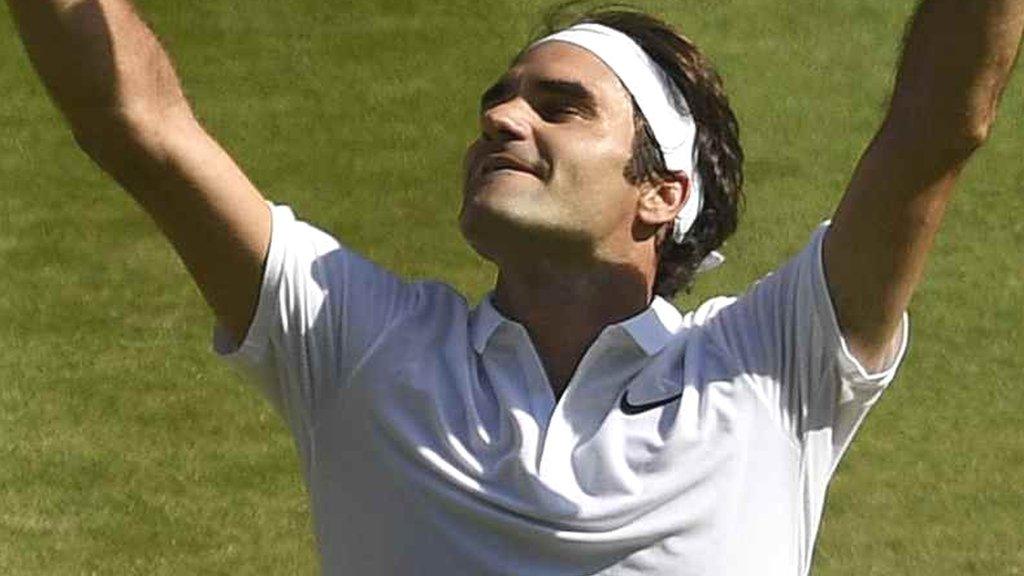
- Published6 July 2016

- Published8 November 2016
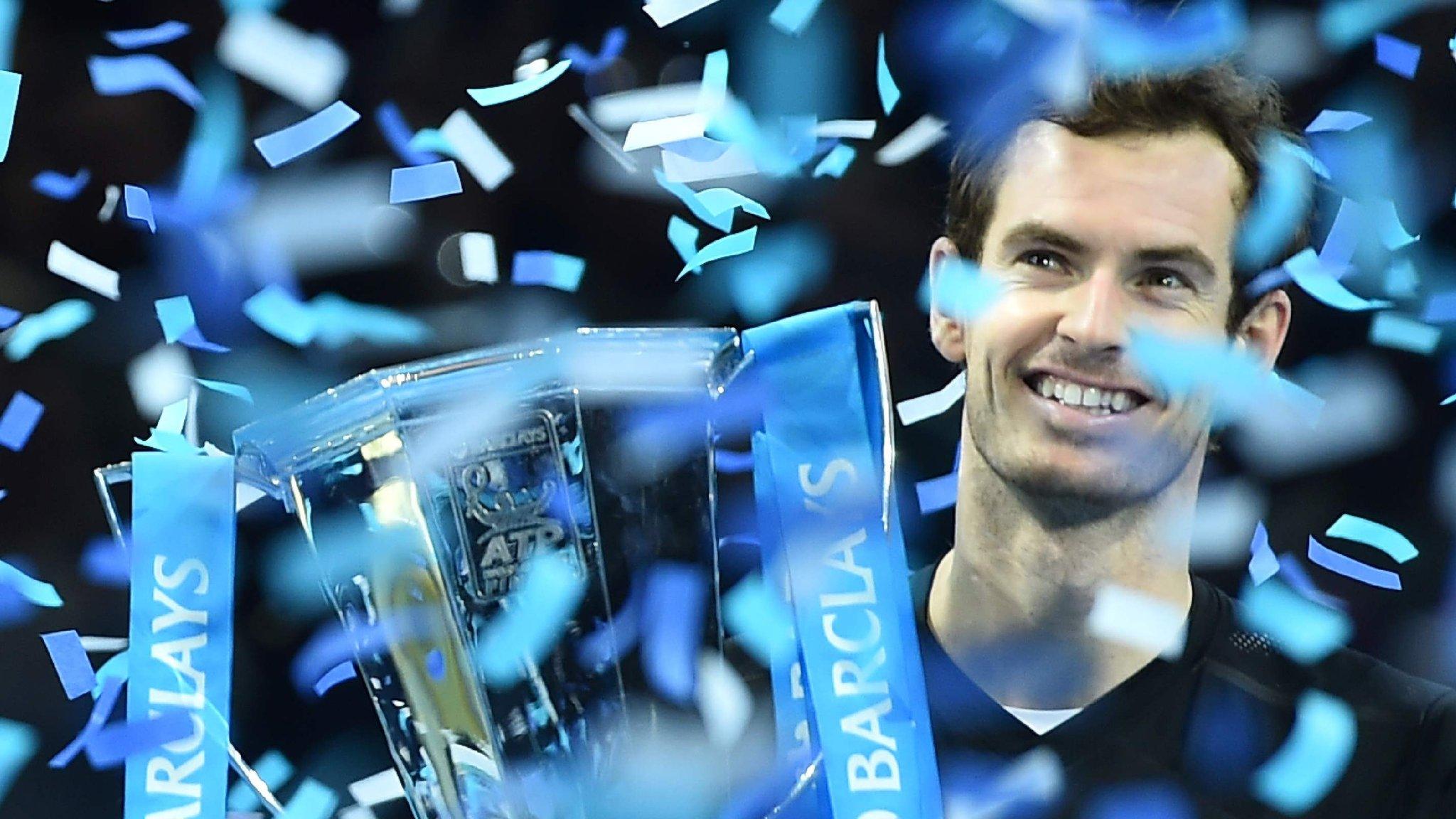
- Published9 November 2016
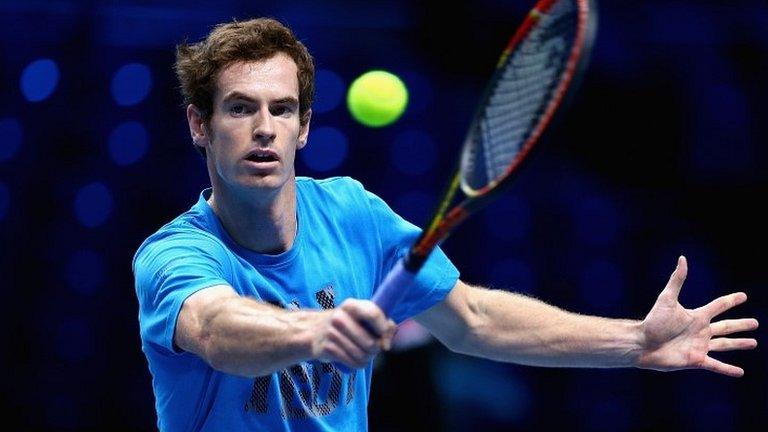
- Published17 June 2019
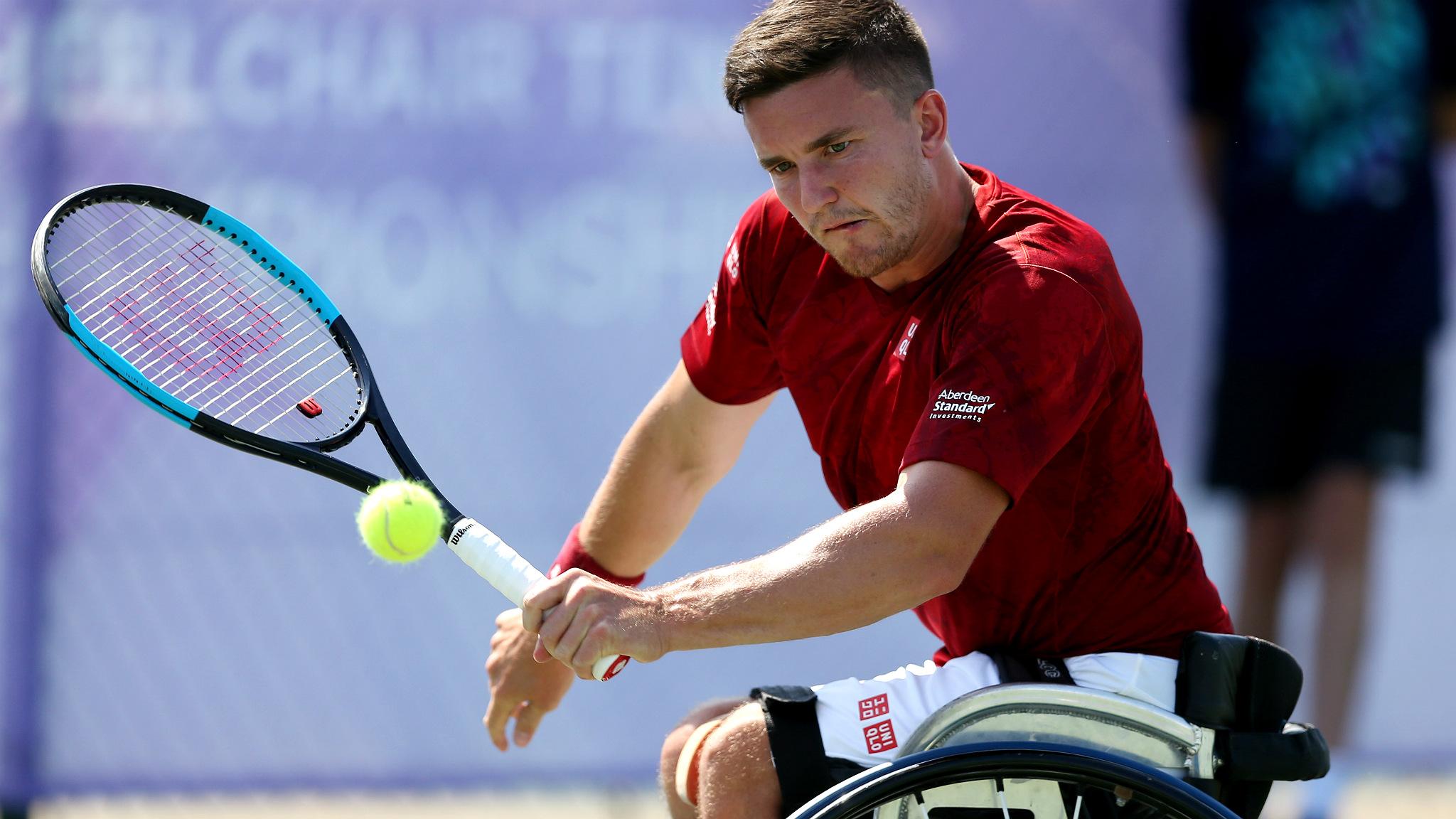
- Published13 May 2016
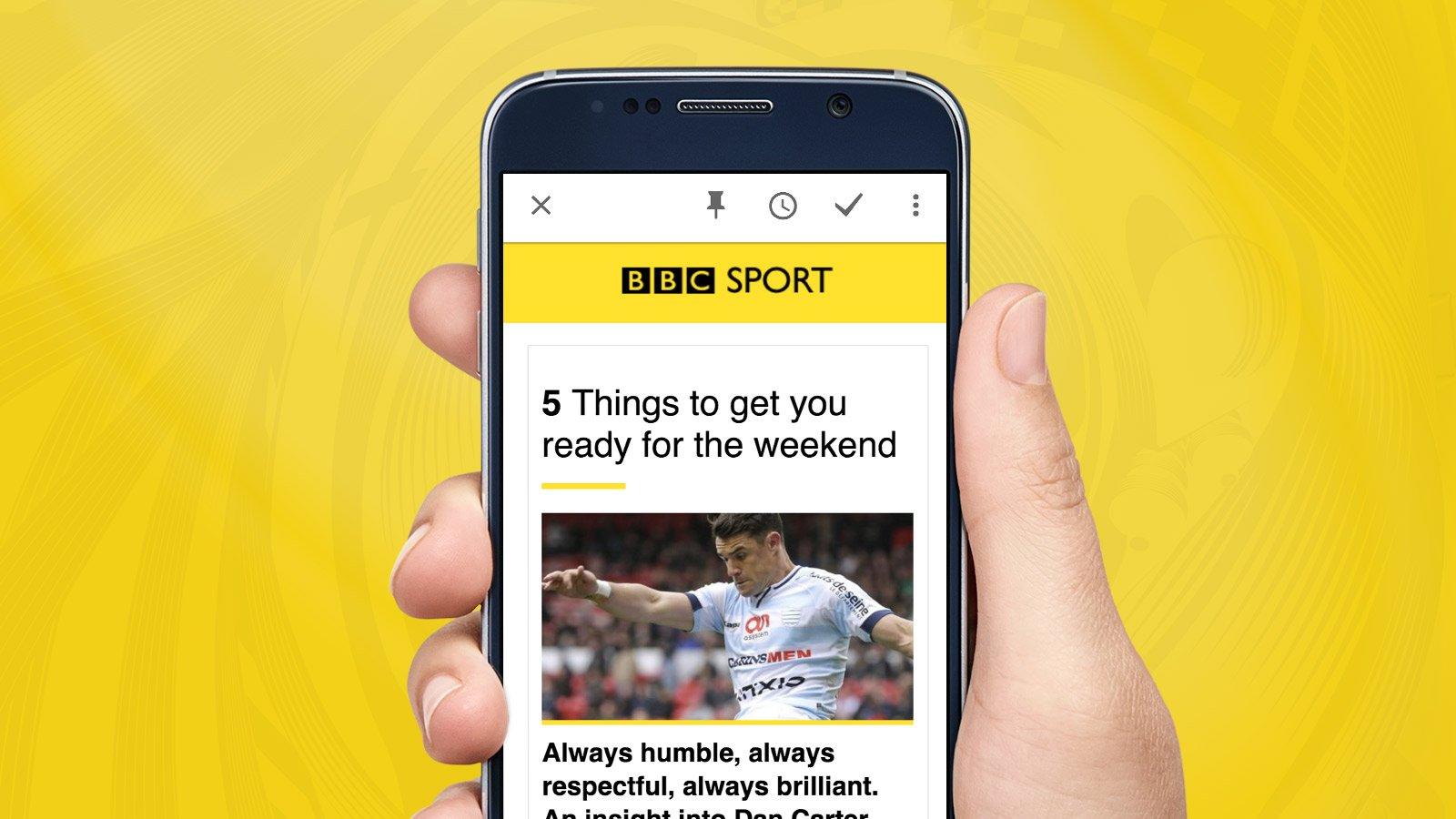
- Published19 July 2016
